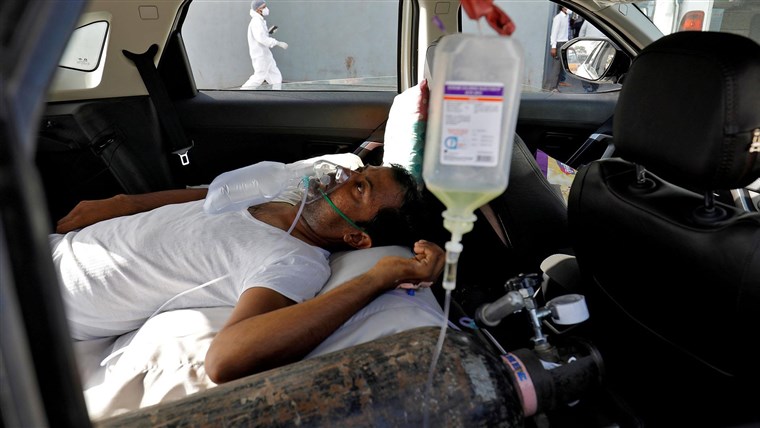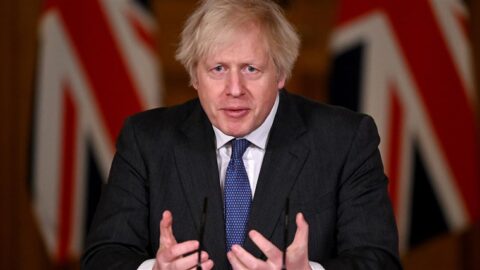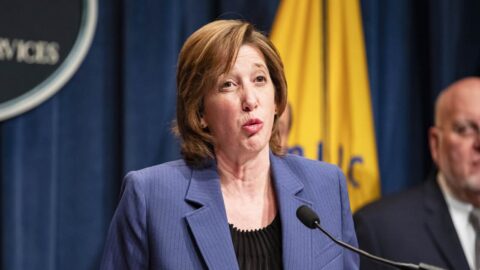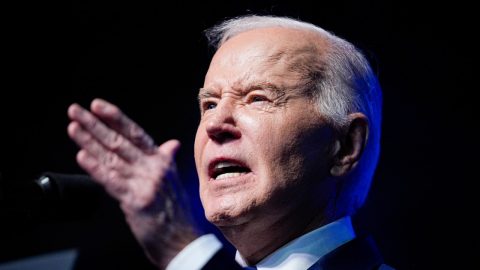NEW DELHI — India’s coronavirus infections set a new world record for the third consecutive day rising by 346,786 overnight, the health ministry said on Saturday, as overwhelmed hospitals in the densely-populated country begged for oxygen supplies.
India is in the grip of a rampaging second wave of the pandemic, hitting a rate of one Covid-19 death just under every four minutes in Delhi, as the capital’s underfunded health system buckles.
The government has deployed military planes and trains to get oxygen from the far corners of the country to Delhi. Television images showed an oxygen truck arriving at Delhi’s Batra hospital after it issued an SOS call saying it had 90 minutes of oxygen left for its 260 patients.
“Please help us get oxygen, there will be a tragedy here,” Delhi Chief Minister Arvind Kejriwal appealed to Prime Minister Narendra Modi in a conference on Friday.
The crisis is also being felt in other parts of the country, with several hospitals issuing public notices that they don’t have medical oxygen. Local media reported fresh cases of people dying in the cities of Jaipur and Amritsar for lack of the gas.
India surpassed the U.S. record of 297,430 single-day infections anywhere in the world on Thursday, making it the global epicenter of a pandemic that is waning in many other countries. The Indian government had itself declared it had beaten back the coronavirus in February when new cases fell to all-time lows.
Covid-19 deaths across India rose by 2,624 over the past 24 hours, the highest daily rate for the country so far. Crematoriums across Delhi said they were full up and asked grieving families to wait.
The country of around 1.3 billion has now recorded a total of 16.6 million cases, including 189,544 deaths.
Health experts said India became complacent in the winter, when new cases were running at about 10,000 a day and seemed to be under control, lifting restrictions that allowed for the resumption of big gatherings.
Download the NBC News app for breaking news and politics
Others said that it could also be a more dangerous variant of the virus coursing through the world’s second most populous country where people live in close proximity.
“While complacency in adhering to masks and physical distancing might have played a role, it seems increasingly likely that this second wave has been fueled by a much more virulent strain,” wrote Vikram Patel, Professor of Global Health at Harvard Medical School, in the Indian Express.
WHO emergencies director Mike Ryan said reducing transmission in India would be a “very difficult task” but the government was working on limiting mixing between people, which he said was essential.









Recent Comments